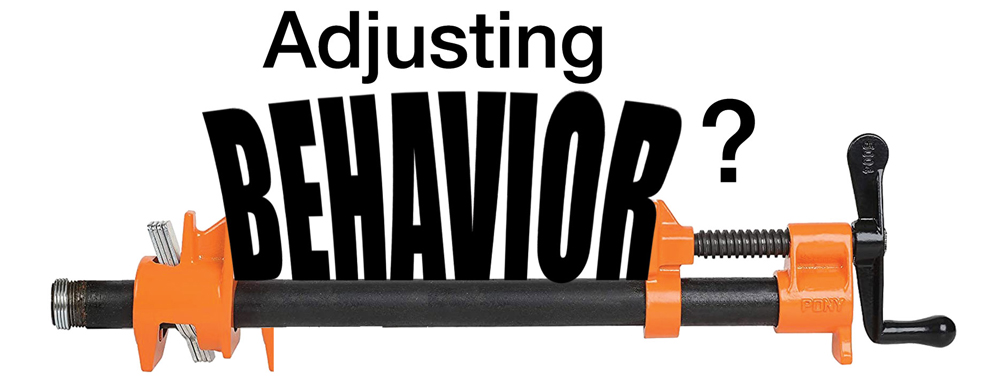By Joe Igel
As I have mentioned in prior articles, I have been privileged to participate in discussions involving the revision of and updating of the State of Ohio’s dig laws, discussions which led to two revisions/improvements and one which is still underway. I am also privileged to sit on the Public Utilities Commission of Ohio’s Underground Technical Committee (UTC), which is charged with reviewing complaints, in accordance with those laws, and determining action needed to be taken to change behaviors and prevent repeats. I should stress here that we are not a court of law and that our decisions, while not related to guilt or innocence, can be enforced.
We initially, based upon the facts as submitted to us, determine if there indeed was a compliance failure. When we find that compliance failure, we always try to ascertain the rationale behind it. We look at the written response and support offered. In a past article, I wrote that we work hard to maintain perspective, not to punish but to educate. While we can all bear witness to behavior, we cannot determine intent, only make assumptions about it.
As a retired safety officer, I always seek the “root cause” that gave rise to the incident. In my experience on the UTC, I have found several causes.
First and foremost, it is a lack of information, or a lack of understanding of that information that gives rise to a significant percentage of the complaints. While extensive promotion of the need to notify before digging is present, many parties:
- are unaware what constitutes excavation
- what are considered safe procedures when excavating near a marked existing utility
- what to do if one is struck
- and despite it being clearly defined, how long to wait for markings.
Our traditional response to correct this type of behavior is education, of both management and relevant workers, to avoid the situation from occurring again. If it does occur again, within a short period of time, we will ask for more education.
Second, there is truly a lack of compliance and a subsequent failure in communicating. In fairness to those excavating, we also experience a fair share of utilities not marking, not properly identifying, or not marking within the legally defined parameters established in the law. Excavators reporting to the job after the deadlines for marking are either led to believe there are no utilities or are left with wait time and extra mobilization costs because they could not start as expected. Here, we generally ask for a process review and a Process Improvement Plan (PIP) that addresses the failures that gave rise to the lack of compliance. And if a PIP is already in place, we may seek review of and revisions to it.
Lastly, and perhaps more increasingly, there is the belief that personal “needs” or “demands” outweigh the law. For example, a contractor calling a subcontractor to perform work that requires notice under the law but not providing the time for them to notify and wait. Before I retired, I was put in that situation more than once and my answer is what we should all answer now–”NO”.
Our son, who manages several restaurants had to contend with a customer who refused to wear a mask upon entering the restaurant and walking to his seat, despite the governor’s orders requiring it and the associated fines to the establishment should they allow that behavior. Our son asked the individual to put on a mask and offered him one, but the customer refused. Our son explained that he did not care about the individual’s politics or whom they voted for. His concern was for his customers, his employees’ health, and their continued employment.
Unfortunately, there seems to be a growing instance of the perceived immediate need outweighing the requirements of the law, and the benefit of all. That is dangerous. In these situations, especially if they are repetitive for the same individuals/corporations, the need to “punish” to realign behavior can grow, especially in the face of repeat violations. While this is a road I do not wish to travel, I realize our first and foremost priority is to the people of Ohio and their protection. I try to keep the same perspective our son did.
Mr. Igel recently retired as vice president of the George J. Igel & Co., Inc. after working there for more than 35 years.

